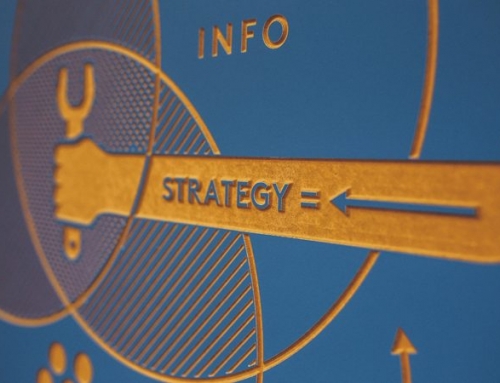The current climate is unlike anything the world has ever seen and the financial impact of Covid 19 means that practically everybody is having to be way more budget conscious than they have been in the past. Though people will still need products and services, lockdown, and social distancing means that they are often reluctant to spend as freely as they did in the pre pandemic days. Here are ten tips on how to use marketing to encourage people on a tight budget to engage with your brand.
1. Present Your Brand Like You Believe in it
If your advertising campaigns, marketing copy and social media presence creates a sense of confidence in your customers, you can expect healthy engagement from the very start. This is difficult to do, especially in times of financial uncertainty, but it is possible. If you present your brand honestly and with a sense of confidence, your potential customers are far more likely to engage than if you are too timid or understated. Balance is key and singing your own praises too loudly will make you seem boastful or even arrogant, but celebrating your own wins talking about why you are proud of what you do will only ever be a positive thing.
2. Emphasise the Importance of Quality of Life
Though saving money and trying not to overspend has suddenly become a huge priority for most families and individuals across the world, it is impossible to live a life that consists of no spending at all. If you are trying to market your brand during this difficult time, it can help to emphasise the importance of the little things in times of crisis as they can drastically improve a person’s quality of life. Campaigns that focus on the real, everyday emotions we feel and how products can relate to that are often remarkably successful, just remember not to go overboard as too much sentimentality can become cringeworthy.
3. Reassurance and Honesty
Rather than trying to use subterfuge or underhanded tactics to convince customers to spend money, try to rely on honesty and providing a sense of reassurance. You can do this by making sure you only provide quality goods or services. People respond well to this approach because they feel as if you are on their side, rather than being a separate entity that just wants to make money, no matter what the cost. Ethical marketing campaigns perform well because they speak to real human emotion, not just greed or a sense of feeling inadequate.
4. Value for Money
When people are short on cash, they demand value for money as standard. If you do not provide this, your client base will look elsewhere. Value systems are changing now, and luxury or brand focused items are becoming less important to many people. What matters now are things like build quality, product longevity and exceptional customer support. Generally speaking, most people will be happy to spend a little more on a product if they know it is going to last for a while and provide genuine value for money.
5. Discounts, sales, and savings
People do not like paying more than they need to for products or services and who can blame them. Why would you pay up to 50 percent more for something like a pair of sneakers or a new laptop when you can get the exact same product much cheaper elsewhere. By using sales and discussing exactly how much money you are allowing your customers to save, you are directly appealing to people who are forced to live on a tight budget. This kind of campaign is effective because it creates the impression that the customer is making a significant saving, even though they are still spending money.
6. Avoid Using Hype and Hard Sell Tactics
For years, many advertising campaigns were based on the outdated notion that you need to make your customers feel as if they are somehow lacking something, then offer to fill this void with your product. Though it was highly effective, this technique is unethical and will not work during times of global emergency. People who are living on a tight budget are often very attuned to deliberate hard sell tactics and will not fall for them. Instead, take a new approach and engage with reality of the current situation. Talking about how you understand the challenges people are facing will do you more favours than screaming “buy now!”
7. Guarantees
When people part with their hard-earned cash, they want to know that they are getting something of genuine value. If a product breaks down, stops working or does not perform in the way it should, you are likely to lose that customer forever, unless you can make it up to them in some way. Offering money back guarantees or things like free repairs can be a great way of adding an extra layer of reassurance for your customers. Those on a strict budget need to know they are being looked after and not simply ripped off.
8. Money Back Offers
This can be extremely hard for some businesses to offer, especially in the current climate, but if your products and services are up to scratch, you should not have to issue refunds at all. The key to making money back offers work is to make sure your product is so good and so beyond criticism that nobody would ever think of actually asking you to refund their money. It is not easy, but many companies have been doing this successfully for years. Just make sure you only promise what you really can deliver.
Summary
Marketing to people on a tight budget is one of the hardest things to do in digital marketing, but it is possible to encourage spending, providing you approach your campaigns in the right way. Prioritising an ethical approach and a clear, honest, and genuine voice is generally a far better tactic than trying to exploit people’s insecurities in the name of generating a quick buck.






